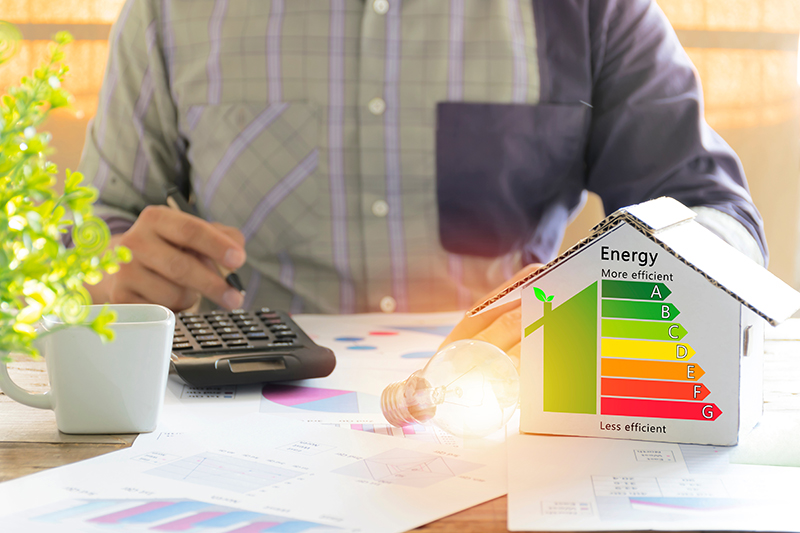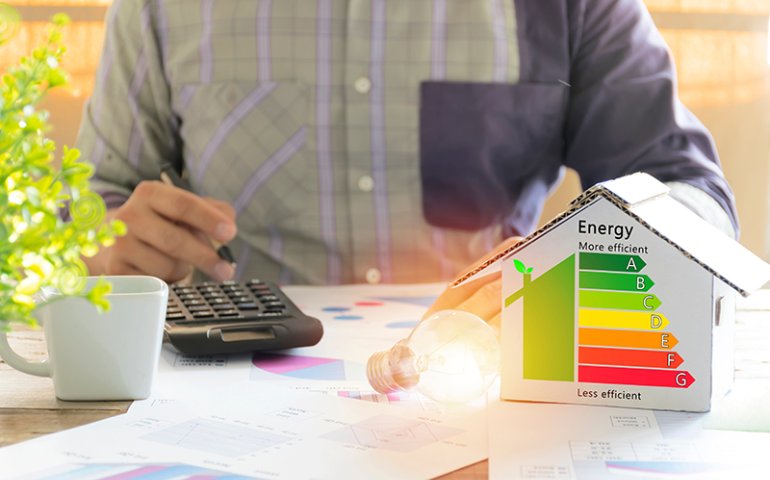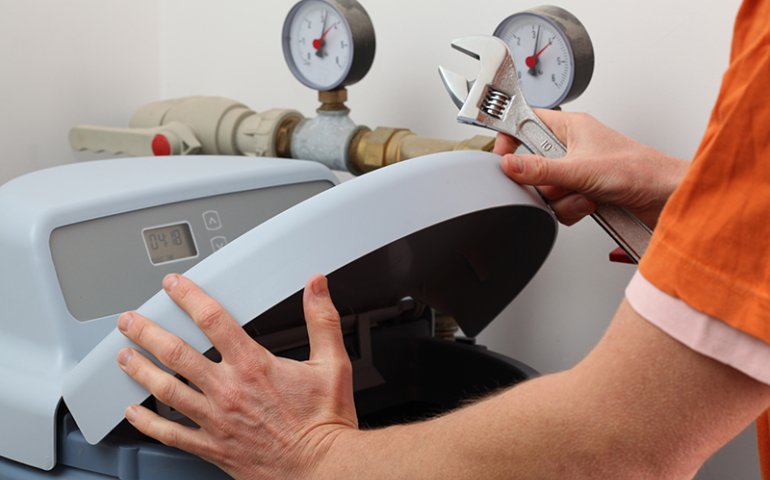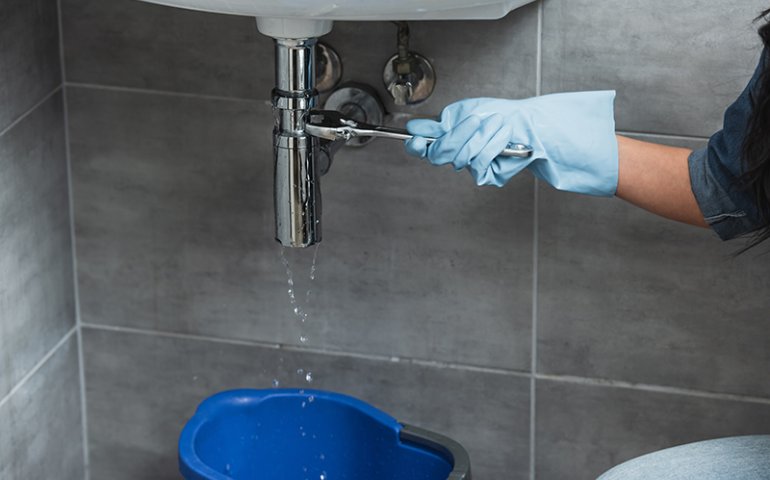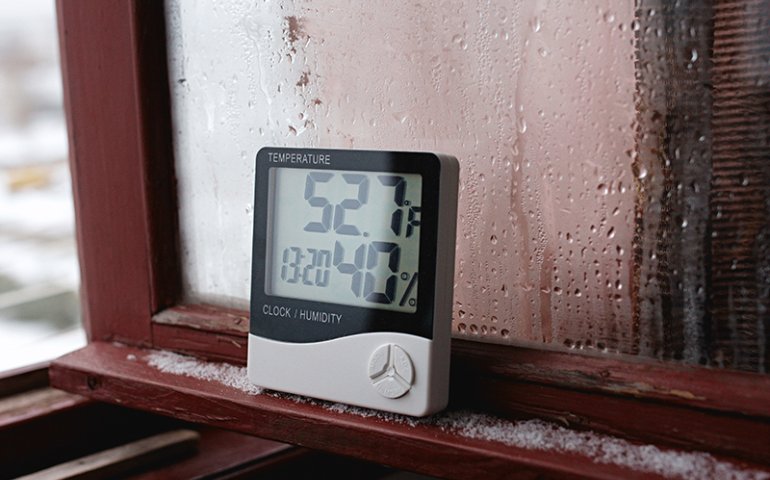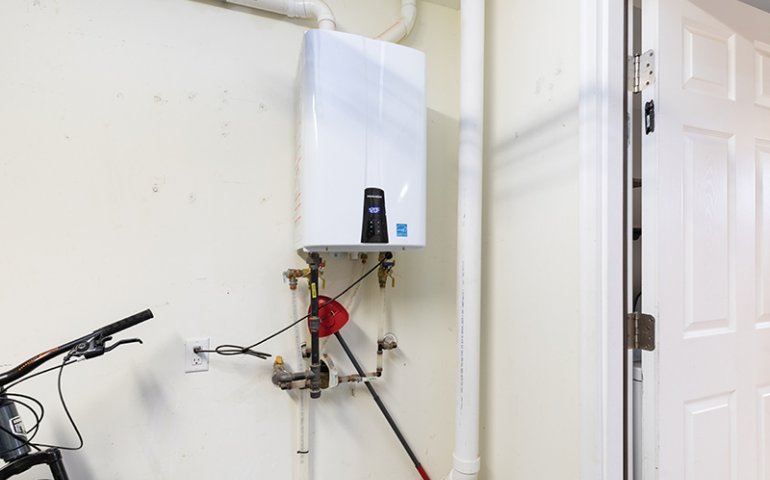Energy Audits: Assessing Your HVAC System's Efficiency
The efficiency of your HVAC system plays a pivotal role. It ensures optimal comfort and helps manage energy consumption and associated costs. In this blog, we delve into the concept of energy audits. We discuss the key components involved in conducting comprehensive energy audits. Let's see how energy audits enable you to gain insights into your system's performance. Let's look into how it can identify opportunities for improvement.
Importance of HVAC System Efficiency
Efficient HVAC systems offer several benefits. Energy-efficient HVAC systems reduce your energy consumption. This can lead to lower utility bills and long-term cost savings. By reducing energy usage, efficient HVAC systems help to reduce your carbon footprint. An efficient HVAC system ensures consistent indoor comfort. It provides optimal heating, cooling, and air quality. Efficient operation reduces the strain on HVAC equipment. This prolongs its lifespan and minimizes the need for repairs and replacements.
What Are Energy Audits?
Energy audits are comprehensive evaluations of your home or building's energy usage. These audits have a specific focus on assessing the efficiency of your HVAC system. These audits provide a detailed analysis of energy consumption patterns. They identify potential areas of improvement and offer recommendations to enhance energy efficiency.
Components of Energy Audits
Energy audits often encompass the following key components.
- HVAC System Assessment. Energy audits give a thorough examination of your HVAC system. This includes the performance of the equipment, ductwork, insulation levels, and air distribution.
- Energy Consumption Analysis. It also offers a detailed assessment of historical energy consumption data. You can use this to identify usage patterns and potential inefficiencies.
- Air Quality Evaluation. An air quality examination of indoor air quality parameters is also included. This is to ensure that the HVAC system maintains a healthy and comfortable space.
- Building Envelope Inspection. You will also receive an analysis of the building's envelope. This includes the windows, doors, and insulation. This is to assess their impact on energy efficiency.
- Recommendations and Action Plan. Based on the findings of the audit, you receive a list of recommendations and an action plan. Use this to address identified inefficiencies and optimize HVAC system performance.
Contact Us
Energy audits help you gain insights into the efficiency of your HVAC system. They identify opportunities for enhancing energy performance. It's important to understand the importance of HVAC system efficiency. Energy audits are a great way to track your HVAC system's efficiency. These audits help you optimize energy consumption and reduce costs. You can use the information to create a more comfortable and sustainable home. If you would like a home energy audit, contact us today. Embrace the power of energy audits to pave the way for a more energy-efficient future.

